Eggs are an excellent source of nutrition that is easily accessible and cost-effective for most consumers. Good internal and external egg quality is important to ensure consumers are satisfied with the eggs they purchase. Egg quality is influenced by the breed of the hen, hen age, and hen nutrition, but how eggs are stored can also influence the internal egg quality, freshness, and egg shelf life. The guaranteed shelf life of eggs is determined by the market in which they are sold, as well as the intended use of the eggs. The factors that have an influence on shelf life during storage conditions include temperature and relative humidity. In commercial egg production, measuring the Haugh unit (HU) of an egg is considered a good indication of egg freshness. This requires measurement of the egg weight, as well as the albumen height. It works on the principle that albumen, also known as the egg white, becomes runnier the longer the egg is stored. Therefore, the height of the albumen will decrease over time, which will lead to a lower HU. The HU and albumen height also decrease with age of the bird. One way of slowing the deterioration of the egg HU and thereby increasing the shelf life is by storing eggs at cooler temperatures. Unfortunately, in many countries including South Africa, refrigeration of eggs is not required during storage or distribution.
Proper storage conditions
Storage at lower temperatures not only ensures a longer shelf life, but also prevents microbiological contamination of the egg. A research study in older hens (60 weeks of age) and younger hens (30 weeks of age) stored eggs at two temperatures, 25°C and 4°C, for 28 days. At the end of the 28 days, there was a significant reduction in HU, which means poorer quality eggs due to runny albumen. This decrease in HU could be seen much earlier for eggs from the older hens. When comparing temperatures, the HU dropped more significantly for higher temperatures and therefore albumen became much runnier for eggs stored at 25°C compared to the eggs stored at 4°C (Table 1). Eggs from older hens have a lower HU when stored at room temperature for the same time period compared to eggs from younger hens. Therefore, eggs from older hens may not be able to be stored at room temperature for as long as eggs from younger hens, as they may have a shorter shelf life.
Table 1 Different studies showing the effect of storing eggs at room temperature and refrigeration at different storage days and hen ages.
| Paper | Room temperature | Refrigeration | Hen age (weeks) | Storage time (days) |
| Figueiredo et al., 2013 | 47,02 ± 5,3 | 81,32 ±7,5 | 60 and 30 | 28 |
| Menezes et al., 2012 | 67,17 | 90,33 | 35 | 21 |
| Menezes et al., 2012 | 53,43 | 79,05 | 50 | 21 |
| Feddern et al., 2017 | 51,80 ± 1,68 | 85,92 ± 1,07 | 77 | 28 |
Minerals supplementation to improve egg shelf life
Few studies have considered the potential effect of microminerals on egg freshness or HU and although more research is needed, these should be worth considering. Microminerals are also known as trace minerals and are required in lower amounts in the body. They are, however, essential in the metabolism and production of essential compounds. Microminerals that have been considered in recent studies include selenium and zinc.
Selenium (Se) is part of the antioxidant system and is important to maintain the productive and reproductive performance of hens. In some cases, Se supplementation in combination with vitamin E is more effective in maintaining a good antioxidant system. Supplementation of especially organic selenium has shown to improve the HU and therefore egg freshness during storage by keeping the albumen from becoming too runny. Eggs from hens fed a basal diet containing no supplemented Se was compared to eggs from hens fed a diet supplemented with Se. The result was that eggs from hens fed supplementary Se showed higher fresh egg HU values. These eggs were then stored for a period of three weeks at a storage temperature of 4°C and the HU measured. The study found that, after this storage period, eggs from hens supplemented with Se had better HU values compared to eggs from hens only fed the basal diet.
Zinc (Zn) is well known to be important in the eggshell formation process, but it also plays a role in the magnum part of the hen reproductive system which is where albumen/egg white deposition takes place. In one study zinc methionine (an organic form of Zn) supplementation significantly improved the HU in fresh eggs compared to eggs from hens fed diets that was not supplemented. Hens in this study aged from 22 to 34 weeks. In another study, supplementation of zinc methionine improved the HU scores of one-day-old eggs compared to eggs from hens fed a control diet with inorganic Zn. After a 15-day storage period, HU of the eggs fed zinc methionine had significantly better HU scores. These eggs were stored at a temperature of 30 °C.
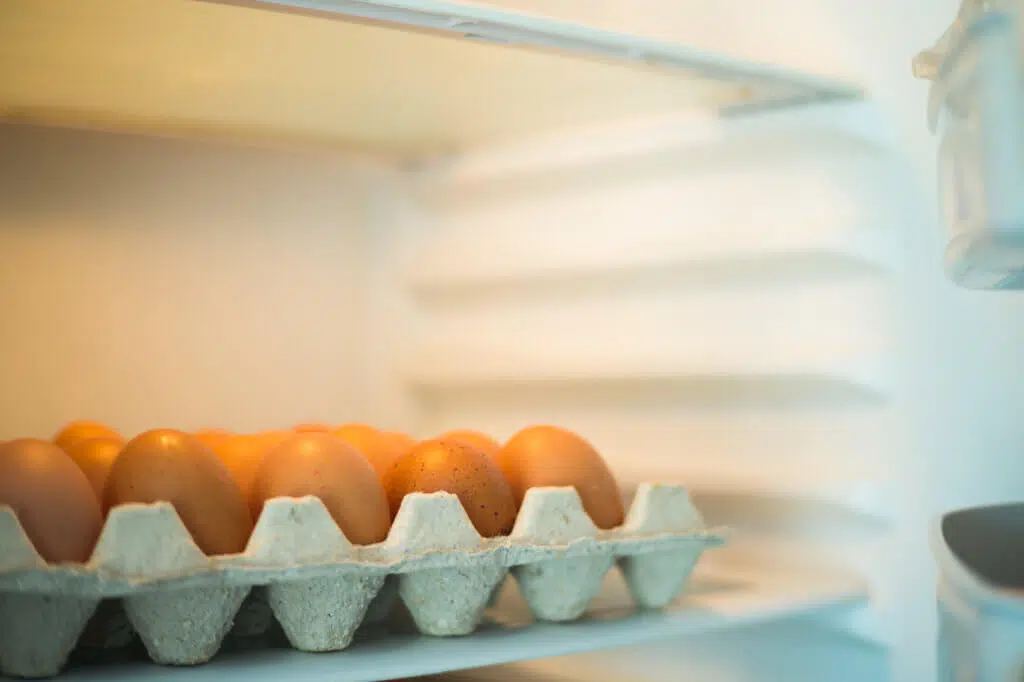
Recommendations
Ideally, eggs should be stored in refrigerated conditions for optimal shelf life and egg freshness for consumers. Unfortunately, this will not always be possible. Hen age also plays an important role in the shelf life of eggs, as it is clear that eggs from younger hens have better internal egg quality when they are laid and should have a longer shelf life as a consequence. There are some microminerals that can be considered for supplementation to further improve the shelf life of eggs, by improving the quality of the egg produced by the hen.
Anneleen Swanepoel is a poultry layer specialist at Chemuniqué. She holds a bachelor's degree in animal science from the University of Pretoria, as well as a master's degree in aquaculture from Auburn University in the United States.
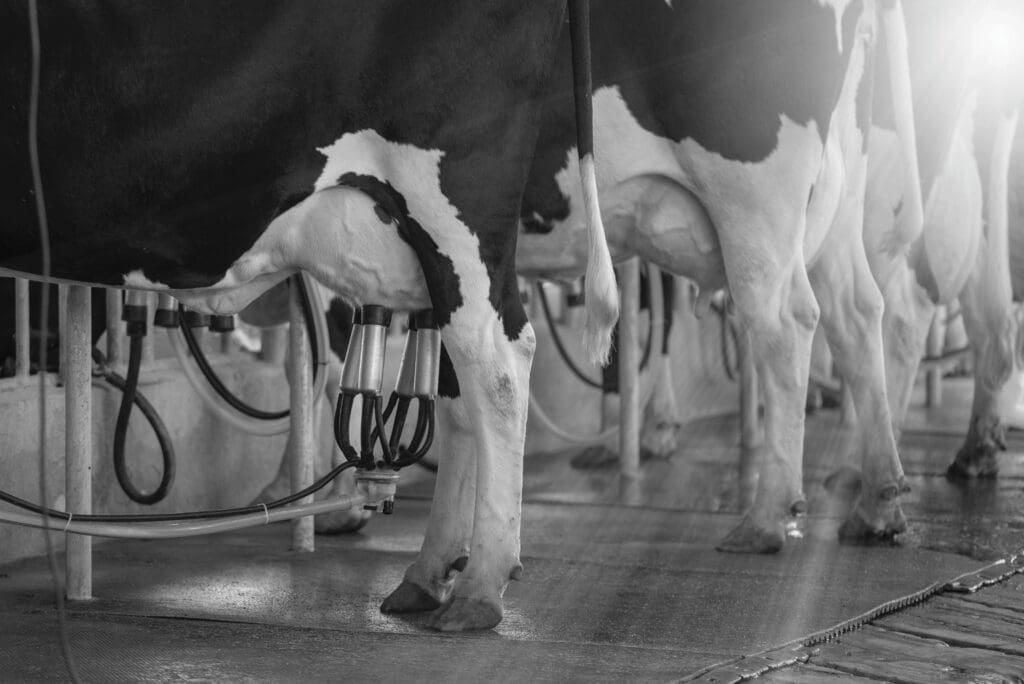


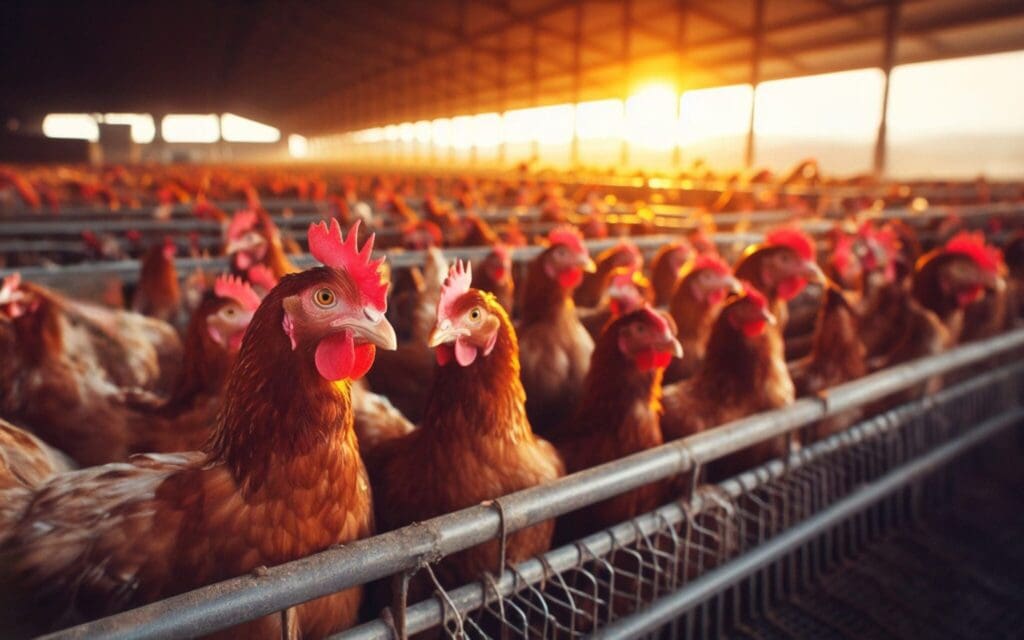
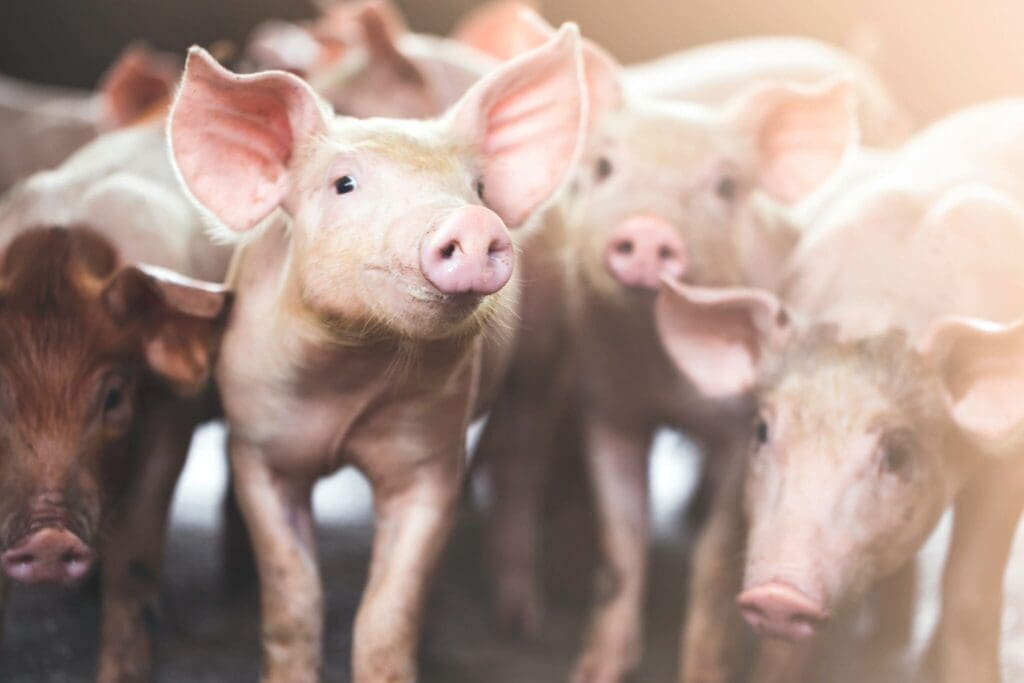
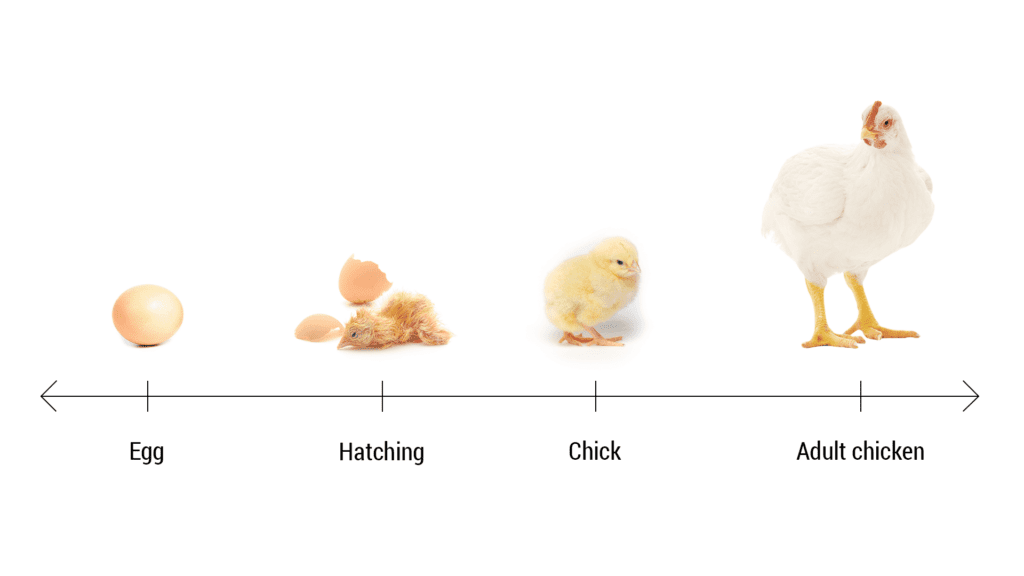

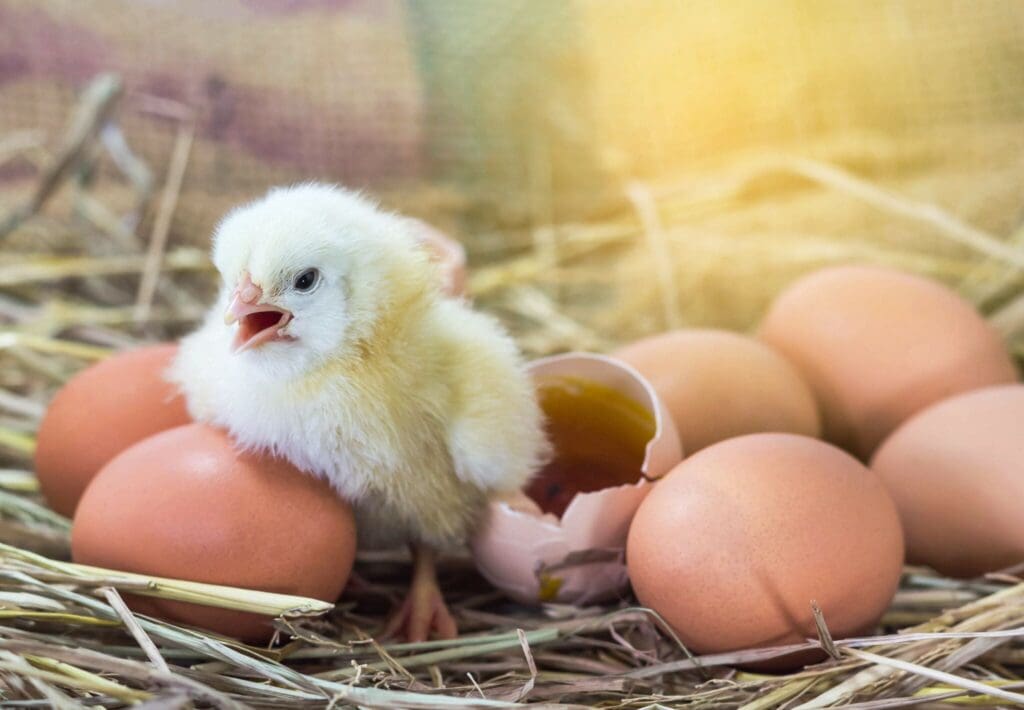

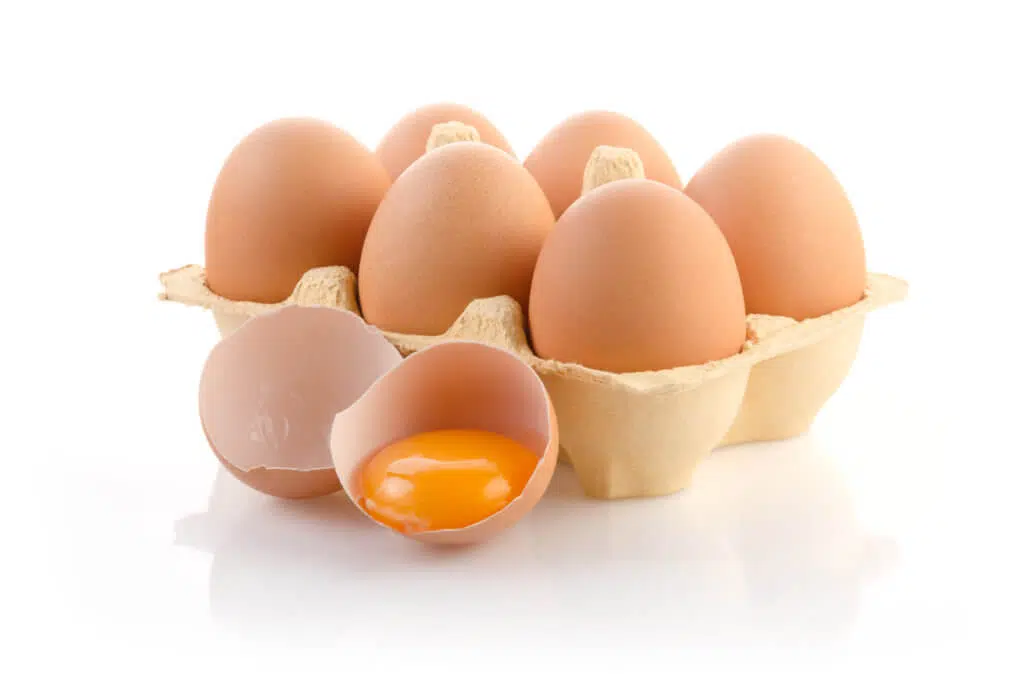

Really interesting article Anneleen. I’ll be keeping my eggs in the fridge from now on!